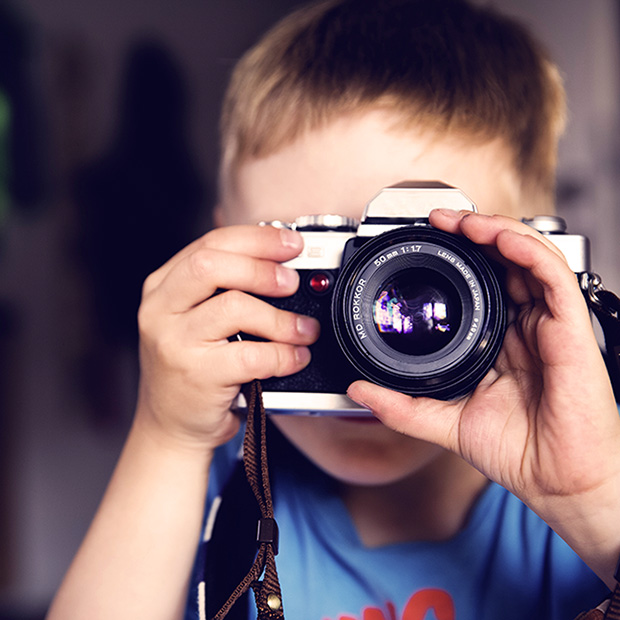How Do Our Eyes Compare With Cameras?

If you’ve taken a lot of pictures, you might have noticed that the photos don’t always turn out the same as what we see.
Why does that happen? Eyes and cameras both see images and they have a lot of mechanical similarities, but there are still many differences between them.
Organic Aperture: The Iris
Both eyes and cameras can control the amount of light passing through the lens. In our eyes, that’s the job of the iris, which relaxes to contract the pupil, letting in less light, and flexes to expand it, letting in more light. In cameras, the aperture does something similar.
Our Lenses Are More Flexible Than A Camera’s
One of the major differences between the way a camera functions and the way the eye does is that the lenses in our eyes can physically change shape in order to focus on objects at different distances. A camera’s lens is rigid, so changing focus requires physically moving the lens closer to or farther away from the film (or the imaging sensor chip, in digital cameras). Another difference is that our eyes have a single lens each, whereas cameras may have many lenses to produce the sharpest image possible.
Subjective Versus Objective Imaging
When you take a picture with a camera, that is an objective image of a single instant in time, and the entire image shows detail and color. Our eyes can only see sharp detail and intense color in the center of our vision, but it doesn’t seem that way because they’re constantly moving.
Tiny saccadic movements produce what are essentially composite images until we have a complete full color, 3-D visual map of our surroundings. We all have one blind spot per eye, but our brains constantly edit these out so that we don’t notice them, filling in the gap with visual information from different angles.
To learn a bit more about how our eyes compare to cameras, watch the video below!
[iframe https://www.youtube.com/embed/zGQk6jwdosw?rel=0&end=217 620 349]
Our Eyes Have Superior Dynamic Range
Where our eyes leave even the most powerful cameras in the dust is their vast dynamic range. We can see both at noon on the brightest day and in the middle of a moonless night, and it only takes thirty minutes for our eyes to fully adjust between light and darkness.
There are cameras that can see in greater darkness than we can and cameras that can withstand brighter light, but no camera has a greater range. That’s why you can see someone’s face when they’re standing in front of a bright window, but a camera only shows a silhouette.
Make Sure Your Eyes Get The Care They Need!
When a camera stops working properly, you can simply replace it. Obviously, the same isn’t true of your eyes, which need to last you your entire life. A crucial part of long-term eye health is scheduling regular eye appointments to make sure everything’s still working properly and catch early signs of something going wrong. If it’s been a while since the last time we saw you, now is a great time to schedule your next appointment!
